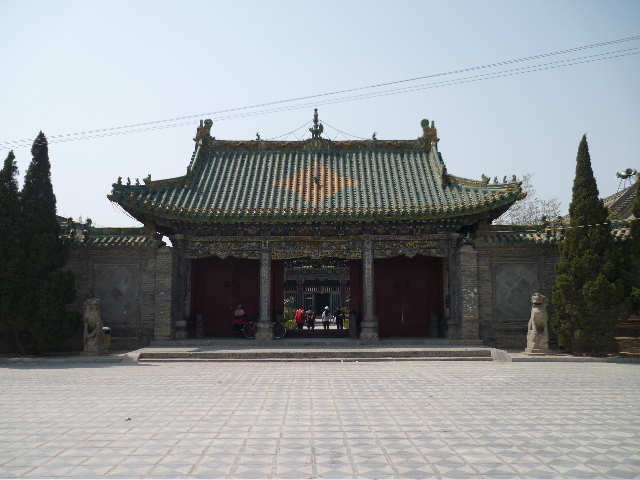Andes: repression ahead of Lima climate summit
The slaying of an indigenous leader who planned to travel from Ecuador to denounce a mining project before the Lima climate summit is the latest attack on regional ecological defenders.
The slaying of an indigenous leader who planned to travel from Ecuador to denounce a mining project before the Lima climate summit is the latest attack on regional ecological defenders.
China, the top emitter of greenhouse gases, has for the first time pledged to cap emissions—but is following the US and EU in carbon trading schemes as the means to achieve the cuts.
Amid the current UN climate talks, the New York Times runs an op-ed entitled "To Save the Planet, Don't Plant Trees"—filled with bogus science and dishonest claims.
The EPA's Clean Power Plan, bashed by the GOP and industry as draconian, would cut carbon emissions by a grossly insufficient 7% by 2030—and of course through market mechanisms.
The government of Chiapas cancelled a controversial forest protection plan that critics said failed to address root causes of deforestation and endangered indigenous peoples.
Reprisals are feared in a sensitive part of Ecuador’s Amazon following an attack by “uncontacted” tribesmen in which two members of the Waorani people were killed.
"Mandatory evacuation" set a dangerous precedent for executive power and displacement of the poor—but will the "Frankenstorm" at least be a climate-change wake-up call?
Both parties represent global empire and corporate rule. But it is also clear that this election is turning into a referendum on whether the USA should be a white republic.

The White House is accusing Peru of violating its commitment to protect the Amazon rainforest, threatening to hold Lima in violation of the US-Peru Free Trade Agreement . Robert Lighthizer, President Trump's top trade negotiator, announced that he is seeking consultations with Lima to address concerns about its recent move to curtail the authority of Peru's auditor for timber exports, the Organism for the Supervision of Forestry Resources (OSINFOR), established as a provision of the trade agreement. The move move had been demanded by Peru's logging industry following an OSINFOR seizure of illegal timber. The White House needs support from congressional Democrats to pass the pending US-Mexico-Canada Agreement, Trump's replacement for NAFTA, which is supposed to have tougher labor protections. The forestry annex in the Peru agreement was conceived as a model for a new inspection system that could include confiscation at the border of goods found to violate treaty provisions, and the prosecution of companies that import noncompliant products. (Image via Sierra Club)

On his first day in office, President Jair Bolsonaro issued a measure taking away responsibility for indigenous land demarcation from the indigenous affairs agency, FUNAI, and handing it over to the Agriculture Ministry. In the same decree, Bolsonaro shifted authority over regularization of quilombos (Afro-Brazilian collective lands) from the agrarian reform institute, INCRA, to the Agriculture Ministry. The measure greatly weakens FUNAI, taking away its most important function. In practice, key areas of indigenous and quilombo policy will now be in the hands of agribusiness advocates—a long-time demand of the Bancada Ruralista (agribusiness lobby) in Congress. Bolsonaro is openly calling for abolition of Brazil's large indigenous reserves, a move with grave implications for the Amazon rainforest and global climate. (Photo: Kayapo women in Brazilian Amazon, via FUNAI)